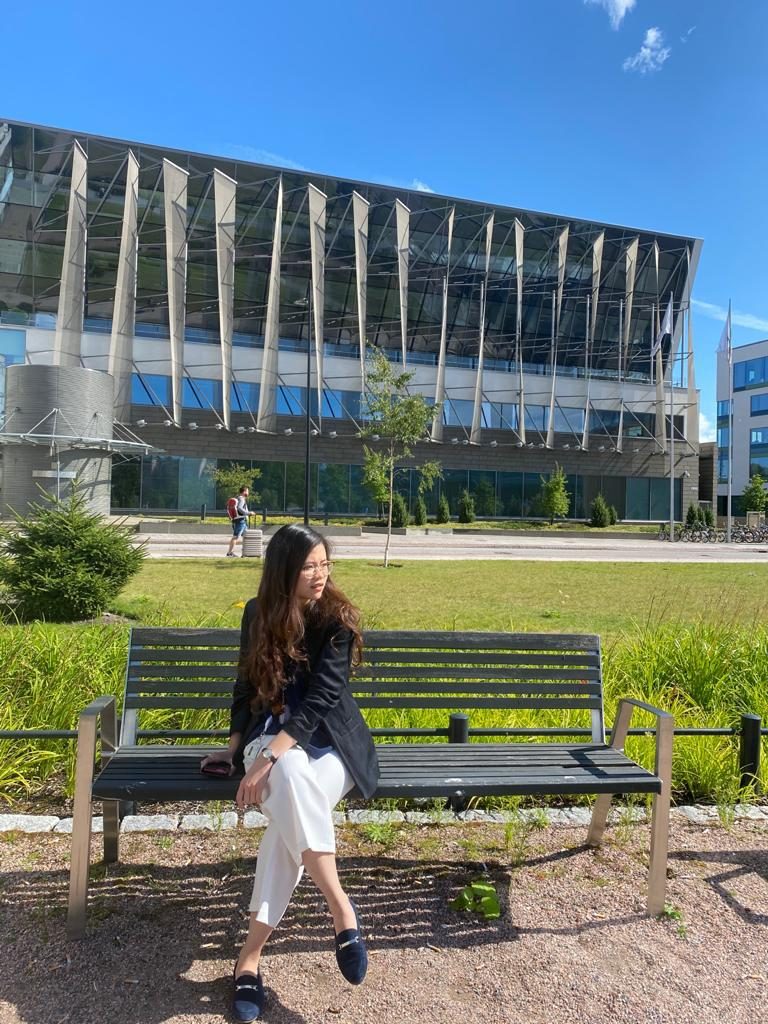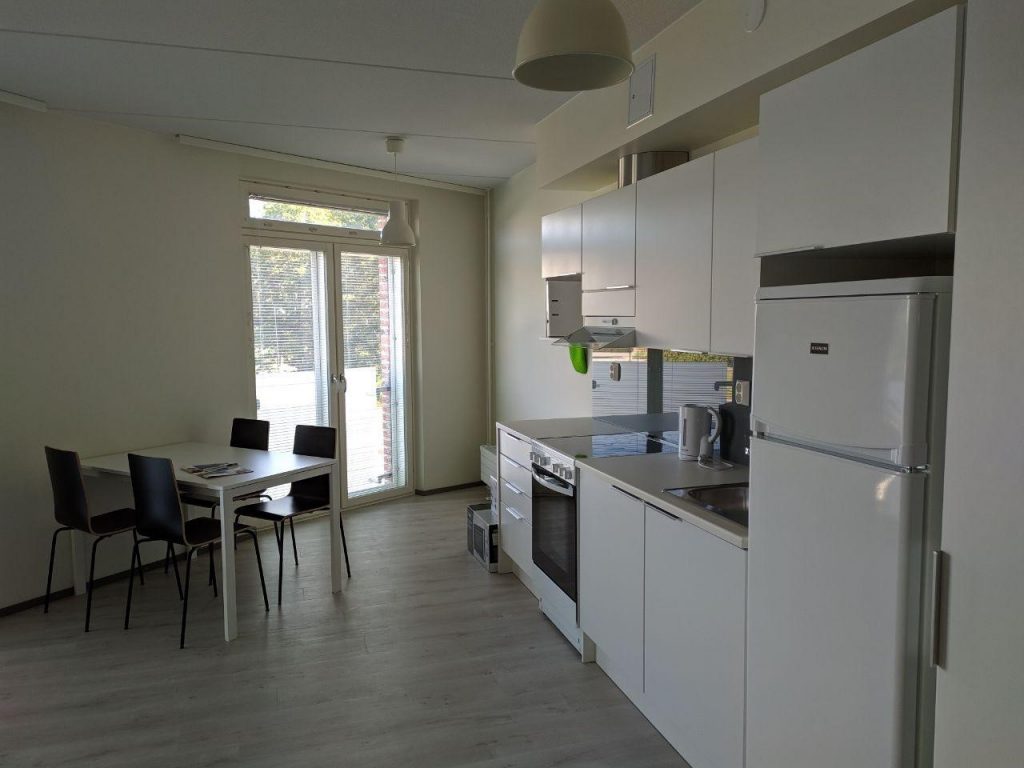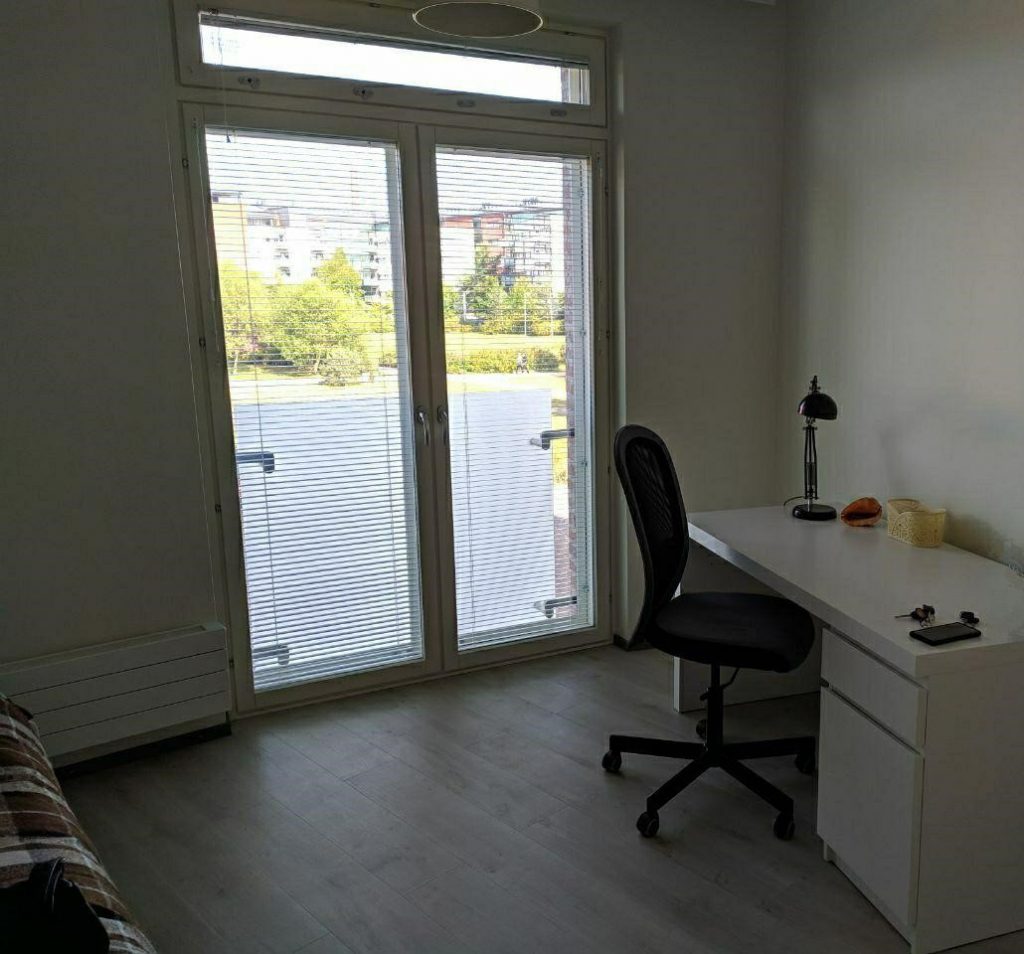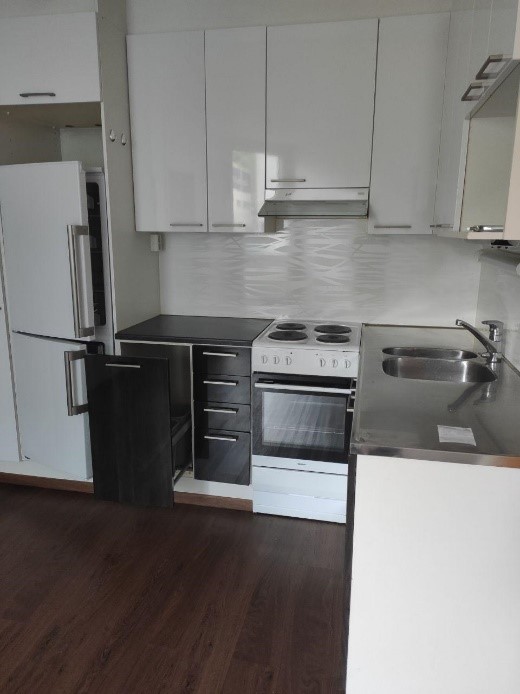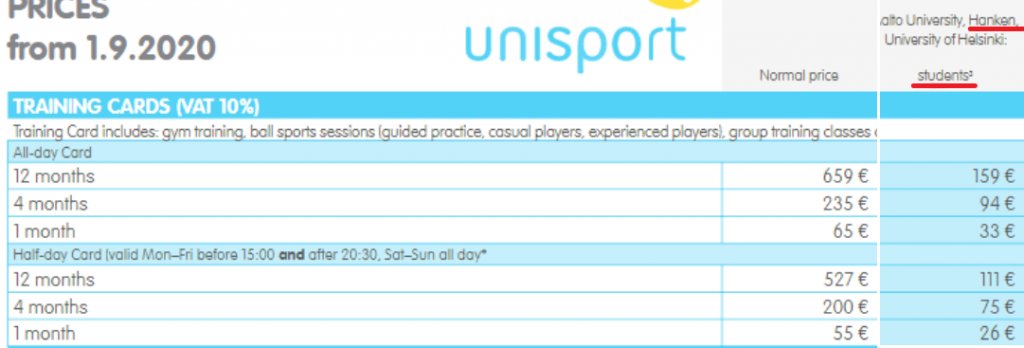Looking at the computer screen, day in and day out, reading lectures, research papers and looking up data for the regression analysis, thesis writing is no cakewalk. When I joined the research seminar for thesis writing in September (it is a 5-credit mandatory course at Hanken), I was looking to have some guidance for this crazy-looking goal of thesis writing which was to be completed in the timespan of a few months. For your reference, it would help to add here that, since I am a QTEM student, I also had my exchange semester in Germany at the same time (October 2020 – March 2021 still continuing). This meant I had to complete a full semester of studies for my exchange in Germany, participate in the Global Business Analytics Challenge as part of QTEM, work part-time as a fundraiser for Amnesty, build my application documents for my PhD applications (more on this later!) AND alongside these, I had to start writing my master’s thesis. To say that I was hard-pressed for time would be an understatement.
But, as they say, today’s tears water tomorrow’s gardens, and so I sat, during the autumn evenings in downtown Helsinki, looking up resources for my thesis. I am still in the process of writing it (I have time till April 2021), and I have found the research seminar course, which Hanken offers, to be extremely effective in pushing me to set timely goals to accomplish my thesis-writing goals, and also providing me with guidance from my thesis supervisors regarding all aspects of the process. Here, I want to walk you through my experience of taking this 5-credit course so that you know exactly what to expect when you go through this same process at Hanken!
Btw, the autumn in Finland is spectacular.
Pro tip: Visit the cities outside Helsinki (Lappeenranta, Kuopio..) to experience the authentic Finnish autumn. If not, there are some pretty nice places to enjoy the autumn in Helsinki as well!
In my experience, the research seminar was divided into 4 checkpoints:
- First Meeting and Thesis Topic Submission
- Thesis Supervisor and Methods Lab Paper Presentation
- Seminar Report and its submission
- Seminar Report Presentations and Discussant Presentations
First Meeting and Topic Submission
All meetings were held online (as well as all the classes), owing to the pandemic. Held in the first week of September, the seminar’s first meeting was a short introduction to the structure of the course. We were familiarized with how the course will proceed, the deadlines and the outcome expected from the course. The professors/thesis advisors also introduced themselves and their areas of interest for our reference. We were familiarized with the functions of the methods lab. The Method’s Lab is set up to help students with the data collection and guidance regarding the econometric methods. Then, we were invited to introduce ourselves and our possible thesis topic if we had something in mind.
Thesis topic (Planning Report) submission: After the first meeting was held, we were given around 15 days to come up with our finalized thesis topics and a short 2-3 page description of the objective of the thesis, the methods we were planning to use and the data-collection-procedure (if-any) we had in mind. This planning report was expected to be submitted by 22nd September (approximately 15 days after the first meeting).
Thesis Supervisor and Methods Lab Paper Presentation
The thesis supervisors are assigned to the students after the thesis topics and the short descriptions are submitted. The students then have a chance to have meetings with their supervisors to discuss their proposed methods and get guidance for the way forward in order to get started with the data collection. During my course, the meetings with the supervisors took place about a week after the thesis topic submissions i.e. in the first week of October.
Methods Lab: During the same time (September last week), we had our first methods lab session where we were introduced to the two method’s lab assistants. The methods lab supervisors were two post-doctoral researchers at Hanken to support the thesis project. The methods lab is designed to focus on how empirical research in economics is done and to help those students who plan to do theoretical work or run simulations. A couple of sessions were organized in the beginning of the fall semester for those who had registered for the seminar. These sessions focused on how research and especially empirical work is done in economics (i.e. overview of steps and the process, including tips for data sources and gathering especially in economics, discussion of the choice of econometric methods via examples, general advice on the choice of software, etc).
The lab subsequently continues on an individual basis. These sessions could offer personalized advice to the students regarding methodological issues relevant for him/her.
In our first methods lab session, we were given an assignment for the next session: to select and present a peer-reviewed research paper related to our thesis topic. The presentation was held in the last week of October (26.10) and each of us was to do a 20-minutes’ presentation and an additional 10 minutes/presentation was reserved for Q&A.
The short presentation of a peer-reviewed paper related to our thesis topic proved to be very helpful for me as I went through many research papers in my chosen topic and studied them to critically analyze and present of them to my class. The econometric methods used in these previous research papers guided me for my own thesis.
Drafting the Seminar Report and Submitting it

The seminar report is approximately 20 pages long and is designed “in the focus of a detailed and critical, but constructive seminar discussion in the seminar group”.
This report should include a theoretical discussion of the thesis topic as well as its main background research papers (literature review). It should also enunciate the empirical methods to be used and provide a convincing argument/presentation of the methods. Moreover, it should include a well-defined and precise plan of how to continue.
For designing the seminar report, we may book sessions with our thesis advisor, take guidance from the methods lab assistants and our peers.
Since the seminar report is the foundation of our thesis, we were advised to work diligently and meticulously on its preparation. We started preparing the seminar report since the start of October, going through many research papers and building the theoretical part of the report. We also decided on the data-collection and empirical methods with the help of our advisor. The deadline for the submission of the seminar report was December 3, a week before our seminar presentations.
Seminar Presentation and the role of the Discussant
The seminar presentations were held approximately a week after the seminar report submission deadline (9-14 December). 60 minutes were allocated for the presentation of each report (35 minutes presentation + 10 minutes discussant presentation + 15 minutes Q&A).
Further, each participant was assigned to serve as a discussant (opponent) of another student’s seminar report. The discussant was strongly encouraged to prepare a carefully structured PPT, or equivalent, to support his/her presentation, outlining the key areas of improvement for his/her opponent.
Our seminar presentations were held virtually in a highly professional setting, with each participant being timed and critically analyzed by both the thesis advisor as well as the other participants. The discussant presentations were also highly informative and educational, in addition to making the presentations more engaging.
Afterthoughts
The economics research seminar course for thesis writing proved to be a rigorous and valuable experience for me as it pushed me to follow a previously well-defined timeline. It also allowed me to critically analyze the seminar reports and presentations of my peers in a professional setting.
I had fun taking part in this course (the course is mandatory) and retrospectively, I would choose to take part in it even if it wasn’t compulsory because of the immense help that I could get because of it. Overall, my experience in the research seminar was amazing and I would recommend it to anyone planning to write their master’s thesis in their second year.
I hope you have a wonderful spring! Please don’t hesitate to contact me in case you have any questions regarding any of the economics master’s courses at Hanken or anything regarding the life of an international student in Helsinki!
Email me at: reetuparna.vishwanath@student.hanken.fi


